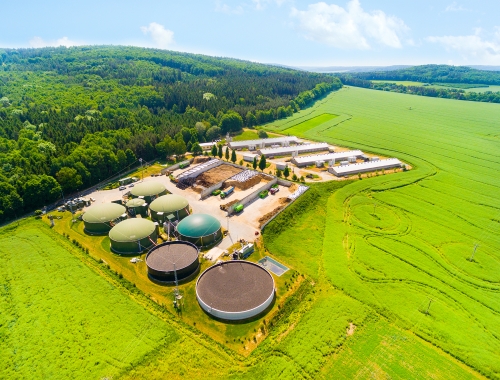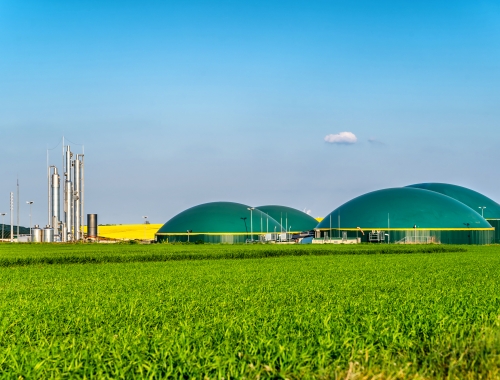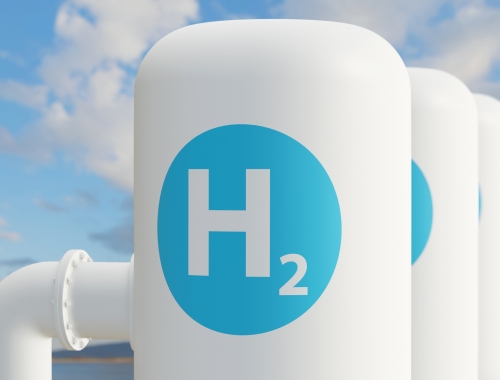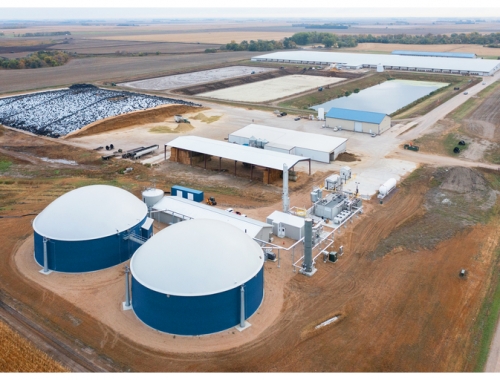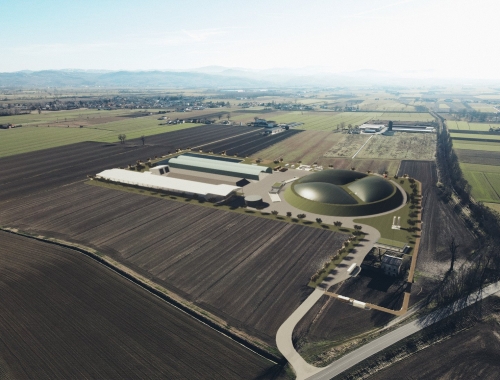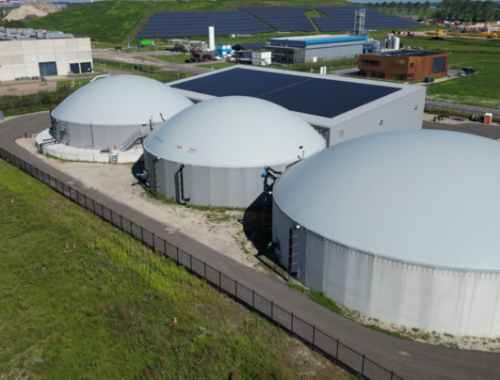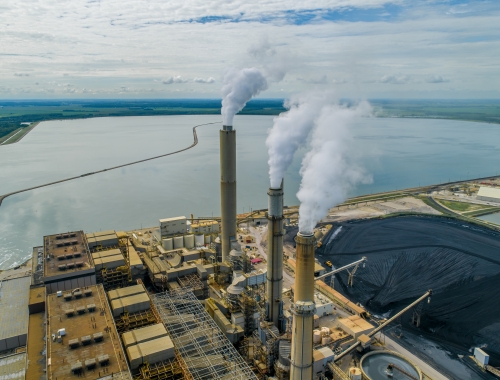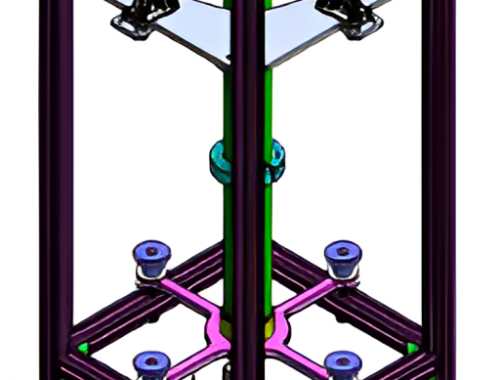Canada’s Pathways Alliance advances CCS hub plan
SUMMARY
Hub would gather emissions from up to 20 oil sands facilities and other industrial emitters.
By Dale LunanPOSTED IN:
Canada’s Pathways Alliance, a consortium of the country’s six largest oil sands producers, said January 4 it had entered into a Carbon Sequestration Evaluation Agreement with the government of Alberta, the next step in its plans to develop a carbon capture and storage (CCS) hub in the province’s northeast.
The agreement enables Pathways to immediately start a detailed evaluation of its proposed geological storage hub near Cold Lake, which would be one of the largest CCS projects in the world. The detailed evaluation is part of the government’s CCS hub development programme and is required before pore space can be allocated.
“This agreement marks another significant milestone on the road to finalising plans for our proposed CCS project in northeastern Alberta and achieving our goal of reaching net zero emissions by 2050 to help Canada meet its climate commitments,” Pathways president Kendall Dilling said. “CCS has been globally recognised as one of the most effective means of reducing industrial greenhouse gas emissions, and Alberta’s geology makes this one of the most ideally suited places in the world to safely inject and permanently store CO2.”
The proposed Pathways Alliance hub gather and sequester emissions from 14 oil sands facilities in the Fort McMurray area, with expectations to grow the hub’s transportation network to more than 20 oil sands facilities and to accommodate emissions from other industries in the region.
The hub is a critical part of plans by the Pathway’s members to reduce their CO2 emissions by 22mn mt/yr by 2030 and reach net zero by 2050.

